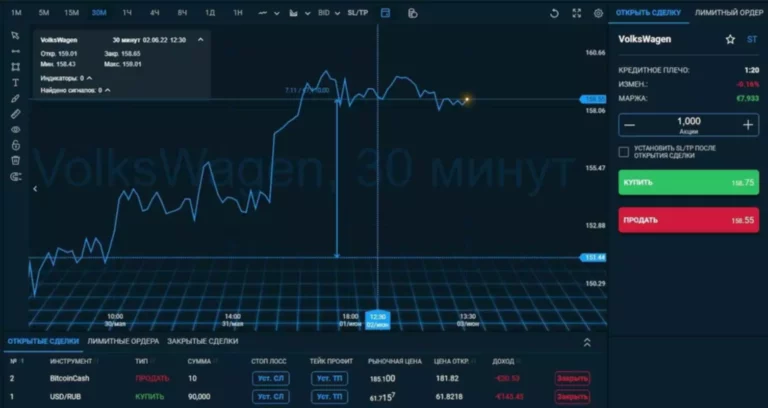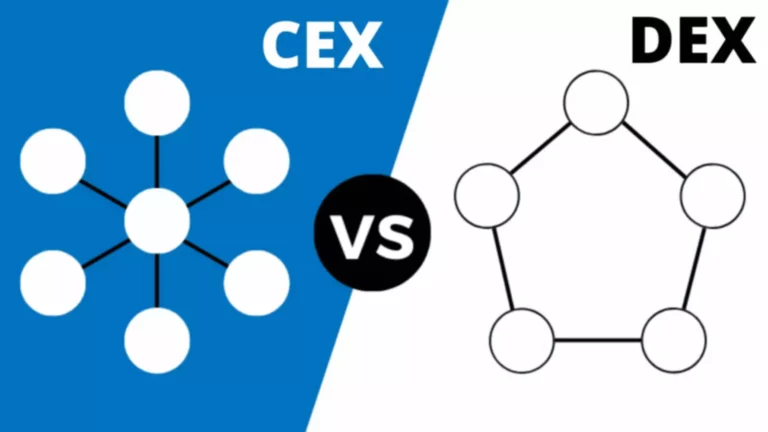What Is Proof of Work in Blockchain Verification?
Content
By enabling the setting up of payment channels between two parties on a separate layer for https://www.xcritical.com/ as long as needed, the Lightning Network is the reason that someday users could use Bitcoin to pay for a cup of coffee. At the same time, numerous companies are working on developing mining hardware running on renewable energy sources instead of traditional electricity. Protocols like the Lightning Network have the objective to improve the speed and scalability of the Bitcoin network.
Step 3: Define the calculate_hash() Method
He goes in-depth to create informative and actionable content around monetary policy, the economy, investing, fintech, and cryptocurrency. Marine Corp. in 2014, he has become dedicated to financial analysis, fundamental analysis, and market research, while strictly adhering to deadlines and AP Style, and through tenacious mobile pow system quality assurance. Finally, some PoW systems offer shortcut computations that allow participants who know a secret, typically a private key, to generate cheap PoWs.
What Is Proof of Work (PoW) in Blockchain?
Everyone knows each other, so they’ll probably agree on which of the friends should add transactions to the notepad. The notepad idea doesn’t scale well, because nobody wants to trust a stranger to manage it. Double-spending is an issue for online transactions because digital actions are very easy to replicate, which is what makes it trivial to copy and paste a file or send an email to more than one person. Scott Nevil is an experienced freelance writer and editor with a demonstrated history of publishing content for The Balance, Investopedia, and ClearVoice.
A Guide to Bitcoin’s Proof of Work Algorithm
Translated into bits (the smallest unit of data in computing representing either a ‘0’ or a ‘1’), each output above is 256 bits long. Ask a person to walk one trillion miles or a calculator to find every digit of π, and in both cases the vast amount of work will be too much to handle. At some point, more work becomes too costly to complete for the worker, whether it is a human being or a computer. No matter how hard you try, you cannot create more energy out of nothing.
Proof of work vs. proof of stake
But since your dataset won’t change, you need to add a piece of information that is variable. It’s a number that you’ll change with every attempt, so you’re getting a different hash every time. Although it takes countless hashing attempts to find a valid hash, it’s trivial for anyone to confirm that the generated hash is correct.
In 2021, mining has a high barrier to entry because the cost of mining equipment and electricity is unrealistic for most people. This is designed to keep miners invested even while as they earn less Bitcoin units. The algorithm used by Bitcoin is a variant of Adam Back’s Hashcash algorithm, which was proposed as a countermeasure to spam messaging and denial-of-service attacks.
Bitcoin advocates often suggest that such estimates of its energy usage are misleading or overstated, or counter that banks and centralized payments services don’t receive the same level of scrutiny. Bitcoin’s mining process is derived from Hashcash, a proof-of-work system invented by Adam Back in 1997 to fight email spam and denial-of-service attacks. Back, an early Bitcoiner, has denied that he is the cryptocurrency’s creator, Satoshi Nakamoto.
This means it takes a large amount of power, which also has its own costs. Although it could be perceived as wasteful, mining is the only consensus algorithm that’s been battle-tested for over a decade. Since its launch, Bitcoin’s PoW has secured trillions of dollars worth of transactions. To say with certainty whether PoS can rival its security, staking needs to be properly tested in the long term. You’ve surely duplicated a computer file before using the copy-and-paste commands. Since digital money is just data, you need to prevent people from double-spending, i.e., copying and spending the same units in different places.
The term is used almost exclusively in the context of digital money – after all, you’d have a hard time spending the same physical cash twice. Learn more about Consensus 2024, CoinDesk’s longest-running and most influential event that brings together all sides of crypto, blockchain and Web3. Miners earn bitcoin rewards for every block for which they find the solution.
The problem statement of this article is how to implement the Proof-of-Work (PoW) algorithm in Python for blockchain mining. Bob’s transactions now get scooped up by Mallory’s mining node and added to her block. All the while, her ASIC is hashing away, and she hopes it will find her a nonce that produces a valid proof-of-work satisfying the difficulty target. Miners compete in this hashing race, changing their respective nonces repeatedly until a specific target hash is achieved. Whoever wins this race will have their block validated and accepted by the Bitcoin network as Block #21. That miner’s coinbase transaction will therefore be validated and they will receive the proceeds.
Since the computers on the network must spend a lot of energy and operate a lot, the blockchain is less environmentally friendly than other systems. That said, it’s evident the computing power required to mine is Proof Of Work’s greatest weakness. Miners who provide this resource have significant leverage in the platform, because account holders require them to process transactions and keep hijacking difficult.
- The Proof-of-Work (PoW) algorithm is a consensus algorithm used in blockchain networks to validate transactions and create new blocks.
- Digital assets as an asset class are highly speculative, can become illiquid at any time, and are for investors with a high risk tolerance.
- Each block comes with a set of cryptographic rules (complicated mathematical functions) called a hash that miners must work to verify.
- Individuals in this group, known as miners, compete with each other in a hashing race (explained below) for the privilege to add groups of transactions (blocks) to the blockchain.
- Each hash value contains information on all previous network transactions.
- In the Bitcoin implementation, blocks are added to each miner’s blockchain when one miner solves the game of chance, which should take about 10 minutes.
Each hash value contains information on all previous network transactions. One potential problem with proof of stake is that parties with large crypto holdings could have too much power, which is an issue that proof of work doesn’t have. Decentralization was a key part of the original vision for cryptocurrencies.
It’s decentralized and powered by peer-operated nodes distributed around the world, with no supervising authority to call the shots. The difficulty level controls the amount of work required to mine a new block and add it to the blockchain. By requiring more leading zeroes in the hash, the PoW algorithm makes it more difficult to find a valid hash and adds more security to the blockchain.
For this reason, miners try to improve their chances by joining mining pools. In some cases, cloud mining services may be the only viable option for the average user to participate in light of the resource-intensive process involved. Proof of work is the most popular of the two main consensus mechanisms for validating transactions on blockchains.
This incentivized miners to remain honest in their propagation of blocks. For major cryptocurrencies today, the conditions are incredibly challenging to satisfy. The higher the hash rate on the network, the more difficult it is to find a valid hash.
Full node clients can also be mining clients, and clients reject invalid blocks and transactions on the network. To explain, it’s down to the full node operators to decide which transactions they will (or won’t) add to a block. Instead, users are randomly selected – if they’re picked, they must propose (or “forge”) a block. If the block is valid, they’ll receive a reward made up of the fees from the block’s transactions.
While it’s not without limitation, miners using proof of work help ensure that only legitimate transactions are recorded on the blockchain. “Miners work to solve complex math problems to earn a reward,” says Dan Schwenk, chief executive officer of Digital Asset Research. These are laborious problems that require significant computer power and energy to solve. Since miners have invested significant resources in the computer equipment and energy costs required, they’re motivated to accurately validate transactions. PoW requires nodes on a network to provide evidence that they have expended computational power (i.e., work) to achieve consensus in a decentralized manner and to prevent bad actors from overtaking the network.








